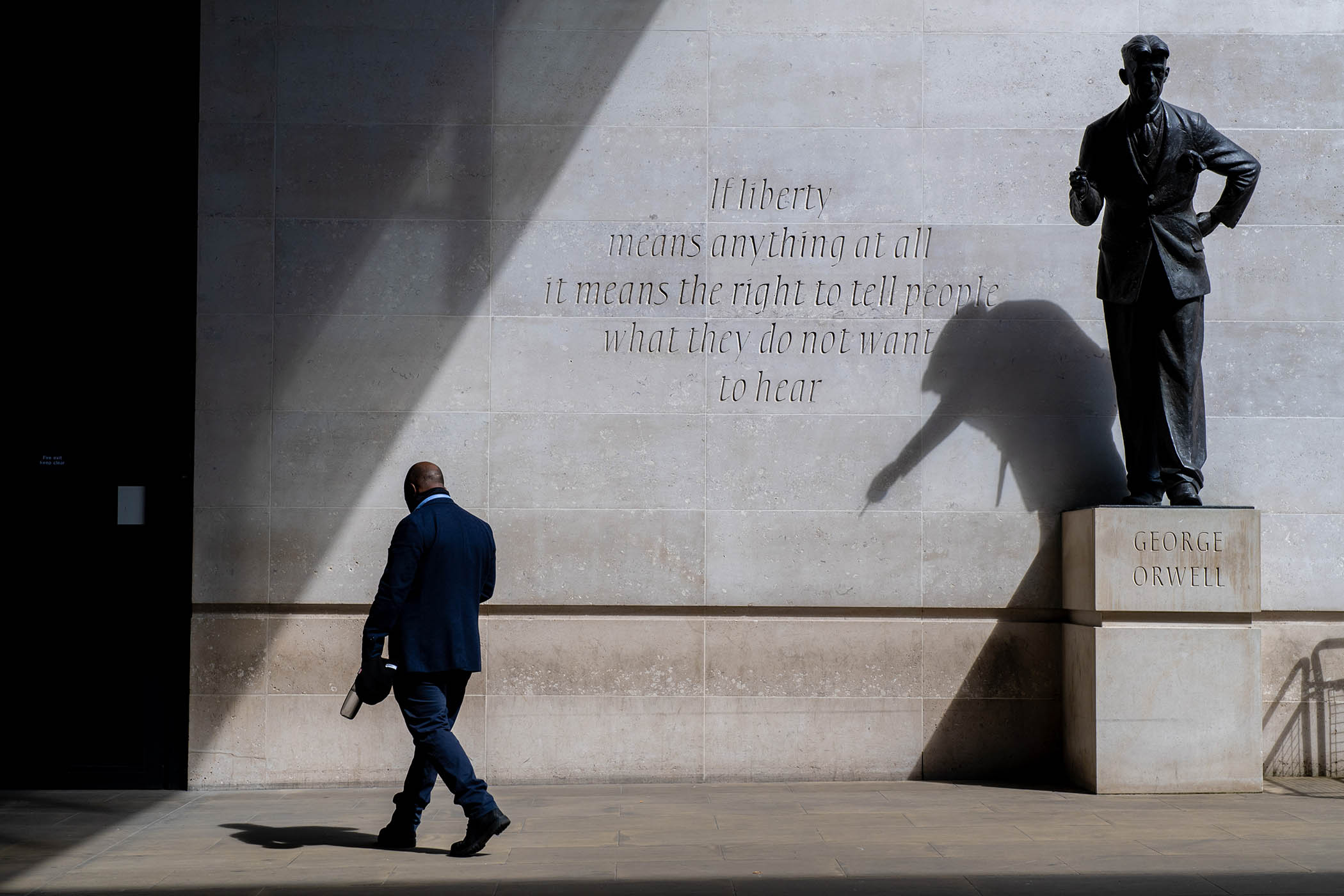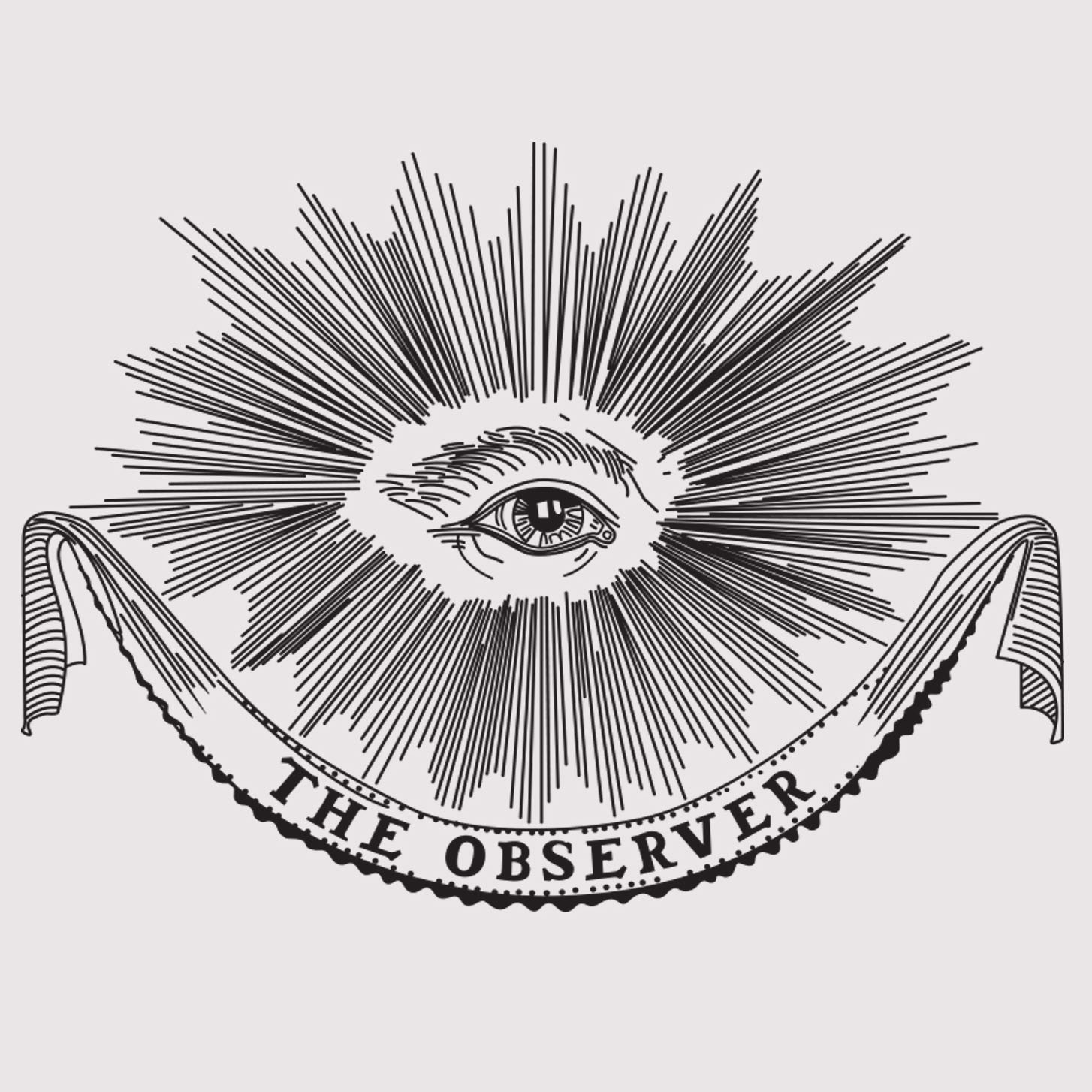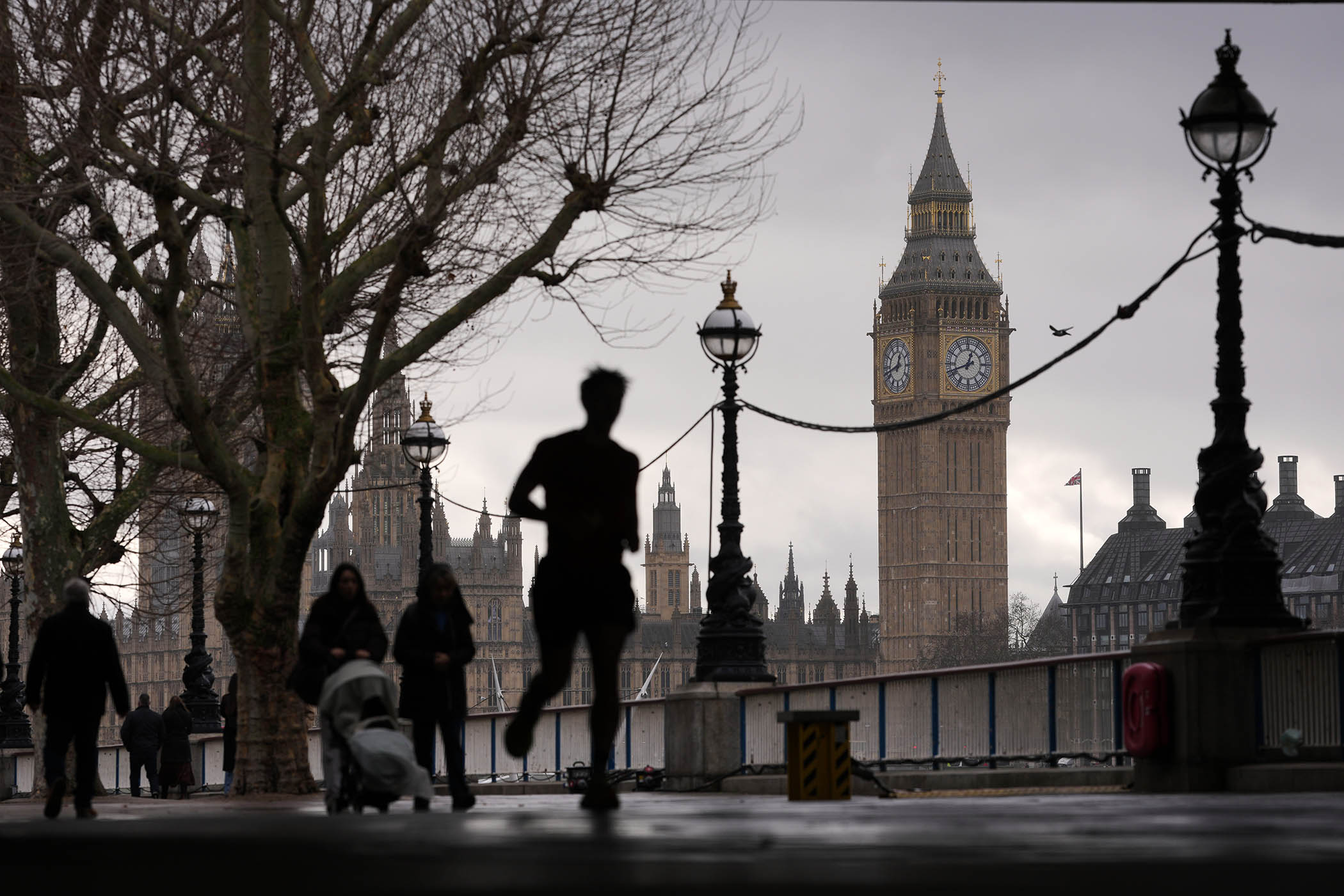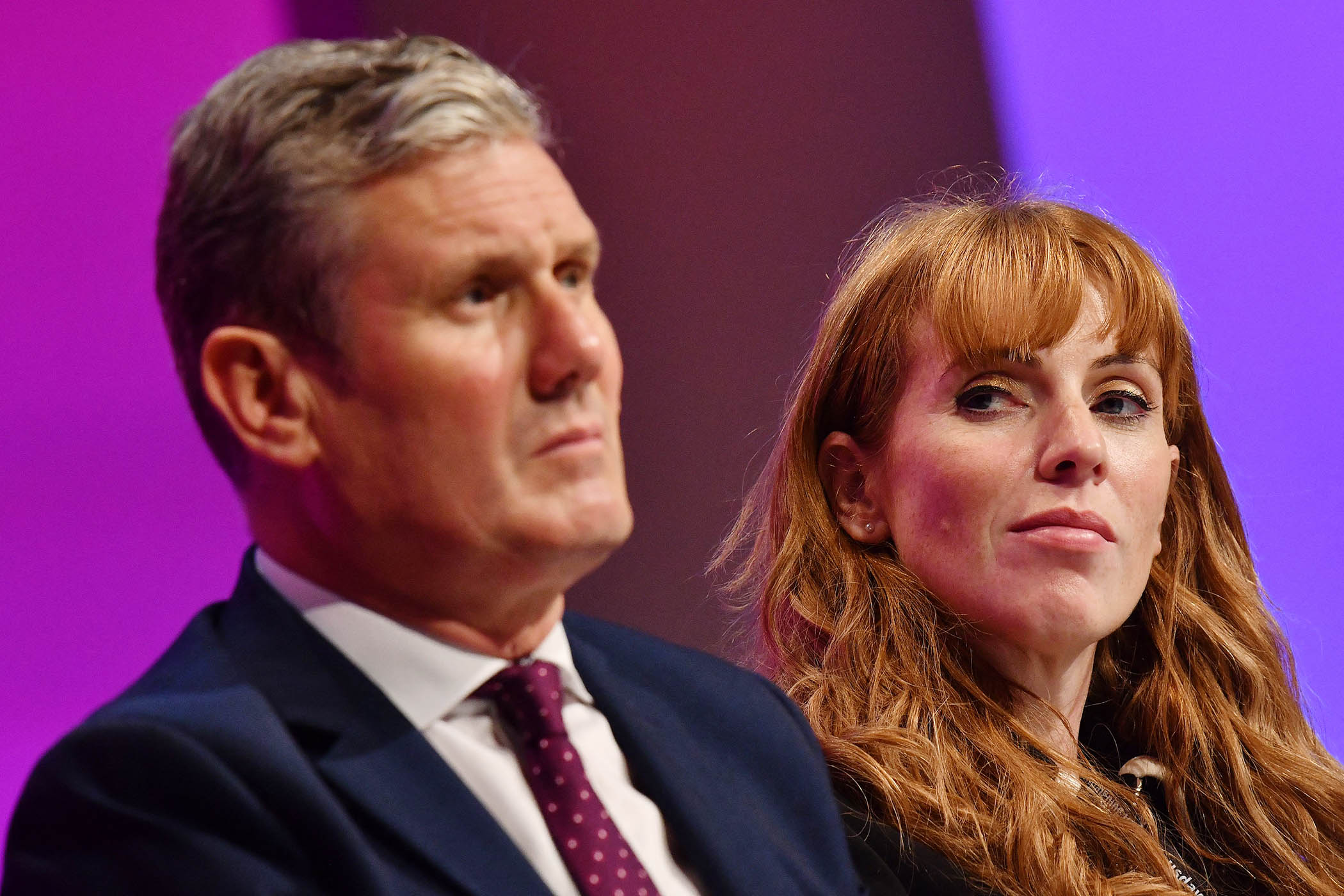There was a time when you needed to take an unhealthy interest in the BBC to see the subtle problem of political interference – the appointment of board directors, the setting of the licence fee, the worry about what leads the News at 10, who is being interviewed on the Today programme. This week, political interference has become a scandal in plain sight. Political appointees on the board have forced the departure of Tim Davie, the director-general, and Deborah Turness, the head of news, not only as punishment for journalistic errors and a culture of defensiveness but because they want to reset the editorial agenda of the most important newsroom in the country. This has swollen the ambitions of those who want to shrink the BBC. Reform UK has pledged to end its funding mechanism and scale back the organisation, so little wonder Nigel Farage has used the crisis to ramp up threats to the future of the BBC; the Conservative leader, Kemi Badenoch, has chimed in to say much the same. And, if that were not enough political intimidation, Donald Trump has weighed in, gracelessly refusing to accept an apology for Panorama’s editing error – a bad one, but inconsequential in the scheme of things – and has sought to waste millions of pounds of British taxpayers’ money in pursuit of a vain and pointless lawsuit.
For more than a century the BBC has been a pioneer in public service broadcasting and a mirror – sometimes warped, sometimes cracked, but always there – to British society. Those who believe in the BBC need to make a muscular case for its independence, rejecting the Trump interference, standing up to the Reform and Conservative assault and actively restoring the credibility of the board. The corporation is under sustained political attack from people who do not believe its claim to be striving for impartiality, or who simply want it gone. It faces existential challenges from technology and the streamers, influencers, substackers and charlatans whom technology has empowered. And it is often, as now, a victim of its own self-regard and dither. There is no telling how Trump’s lawsuit will play out. If recent history is any guide his motives are mainly performative and venal, larded with a personal taste for vengeance. Like his attacks on ABC and CBS, its legal basis is flimsy at best but that did not stop him hounding them for eight-figure settlements. Unlike the US networks, the BBC does not have an overriding commercial need to stay on the right side of the White House. Trump could lean on regulators to withdraw its license to broadcast in America and he could bar BBC reporters from the West Wing on a whim.
Keir Starmer has been all too quiet on the crisis at one of the country’s most important institutions, one that brings the nation together, underpins democracy and represents to the world the UK’s enlightenment values and creative flair. He may not want to weigh in on the inner workings of the Orwellian editorial standards and guidelines committee. Who would? But he could do well to tell President Trump in no uncertain terms to back off the BBC. The BBC, meanwhile, is going to have to work out how to maintain impartiality and challenge politicians who want to do it down. At its best, the BBC’s answer has always been the same: the public know better than politicians what they want. As well as brilliant dramas, courageous reporting, hilarious comedies, ingenious kids’ shows and a place where everybody can get and the best of science and culture, they want an independent BBC.
The more that is known about the background to the resignations of Davie and Turness, the more they appear to owe to the way the BBC is run, as much as who is running it. It is up to Samir Shah, the chair, to restore some order. Robbie Gibb, appointed by Boris Johnson, was central to the concerted effort to remake the BBC, according to a political agenda closer to his own. As a former Conservative spin doctor, he should know all too well that the BBC board directors should not become the story. Shah should ask Gibb to resign; in order to restore confidence in the BBC’s independence from politics, he should go. As part of charter renewal, he should make a point of ending the practice of political appointees to the board. The BBC’s charter is up for renewal in 2027. Nigel Farage sees that as an opportunity for vandalism. It should be seized on instead as an opportunity to put the BBC beyond the reach of politicians: independent, confident, open to outsiders in news as in entertainment, and fearless.
Photograph by Chris J. Ratcliffe/Bloomberg via Getty Images
Newsletters
Choose the newsletters you want to receive
View more
For information about how The Observer protects your data, read our Privacy Policy



